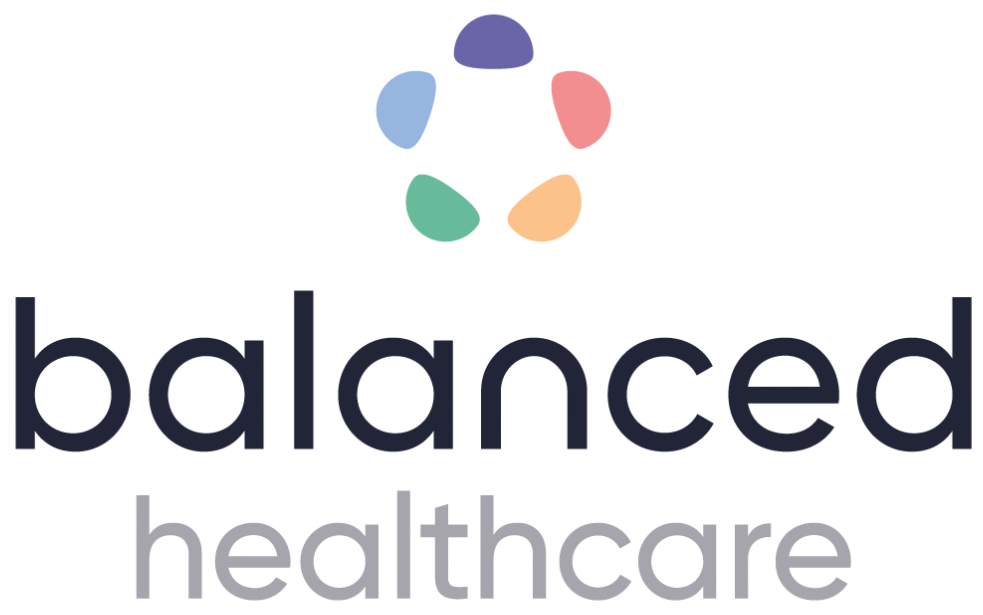Quick Links
Quick Links
Quick Links
© 2026
All Rights Reserved | Balanced Healthcare
Website by EGS Marketing Solutions
Website by EGS Marketing Solutions
© 2026
All Rights Reserved | Balanced Healthcare
© 2026
All Rights Reserved | Balanced Healthcare
Website by EGS Marketing Solutions
